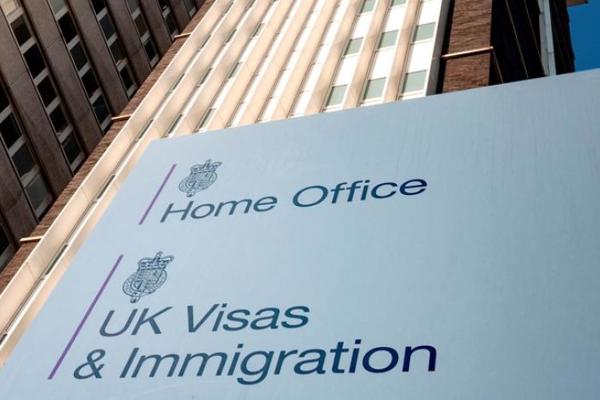We already knew that businesses looking to hire EU nationals from January 2021 onwards would need a sponsor licence but the new rules demonstrate there will be some key differences from the current sponsorship system. They will also come into force from 1 December 2020, although EU nationals will only be covered by them from 1 January 2021.
- The skill level required to be sponsored for a work visa, which will be called a Skilled Worker visa, will be reduced from the current level, degree level or RQF 6, to A Level (RQF 3). This means jobs such as Care Home Manager, Property Manager, Claims Assessors and Retail Managers will become eligible for sponsorship.
- The salary required for a work visa will be reduced from £30,000 to £25,600. Lower salaries may also be accepted where a candidate has a relevant PhD qualification or they will be filling a recognised shortage occupation role. The current shortage occupation list is not being reviewed until the Home Office assess the economic effect of COVID-19.
- There will be no Resident Labour Market Test. For employers this is a positive development as it was problematic in practice, often requiring the business to re-advertise roles that had been offered to someone else and using methods of recruitment that were inappropriate to the role. Now a business can hire anyone to fill a sponsored role rather than having to demonstrate there were no other candidates.
- Importantly, the current “cooling off period” will be removed and it will become easier to move into the Skilled Worker category from inside the UK. This is often an issue for people who hold Tier 2 (Intra Company Transfer) visas and have moved to the UK on a temporary assignment, but who have since built ties here and want to remain full time.
I once helped a client who wanted to make an intra company transferee’s job in the UK permanent but before they could do this the individual had to work in another country for 12 months. Under the new system, this type of change could be made quickly and easily.
Although the changes in skill level, salary level and the rules regarding switching visas are being relaxed, the new system will still represent a significant change for businesses that rely on EU nationals. Many will have little or no experience of the existing system and they will also need to consider the additional costs of sponsorship. These will include the licence application fee (up to £1,476) the Certificate of Sponsorship fee (£199) and the Immigration Skills Charge (up to £1,000 per year). Some companies also agree to pay the visa application fee and immigration health surcharge for the individual employee as well.
In the coming months we are likely to see a large number of applications for Sponsor Licences and all businesses should be considering the implications of the new system for their future recruitment. If you would like advice on how the new system will apply to your business, or how to get a sponsor licence so you can use the new system, please get in touch.


